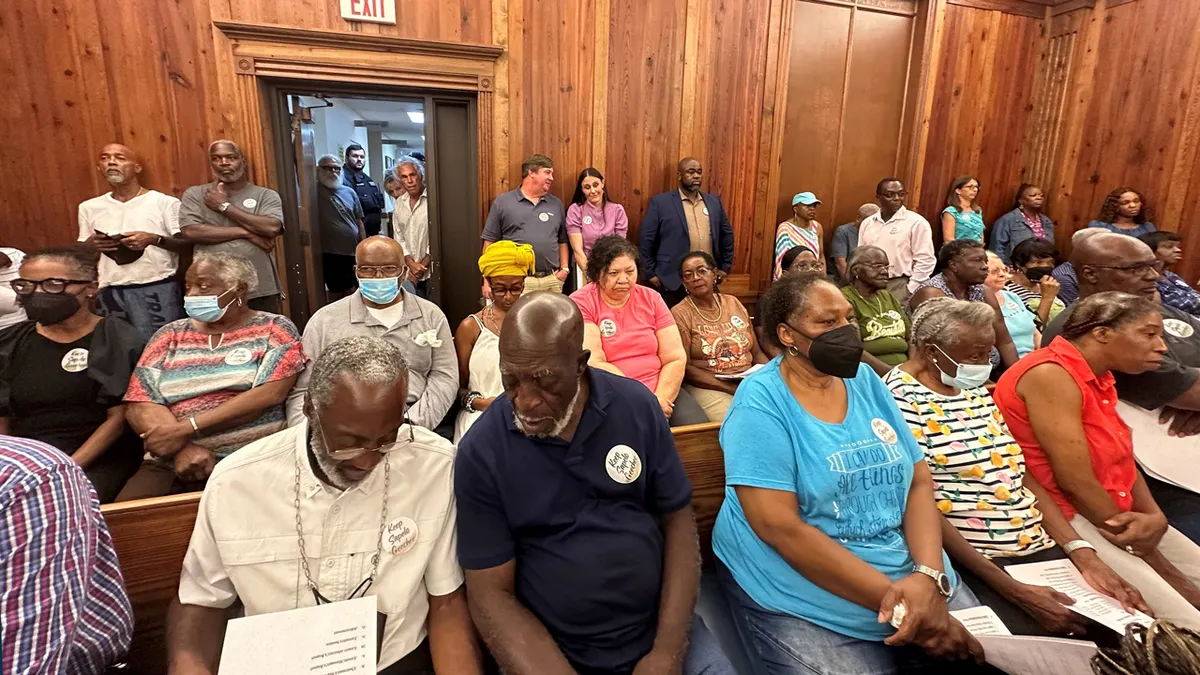Georgia is no exception to the national reparations controversy for slave descendants. Racial equity and historical justice discussions have centered on whether Georgia should pay slave descendants reparations. Both sides have strong opinions.
Reparations activists claim slavery perpetuates systemic injustices and socioeconomic disadvantages that disproportionately harm African Americans. They believe reparations are ethically right and necessary to remedy historical wrongs against enslaved people and their descendants.
Supporters of reparations cite intergenerational poverty, poor education and healthcare, and housing and employment discrimination as long-term repercussions of slavery. They think reparations—direct cash, community development, or education—are needed to redress these injustices and foster racial healing.
Reparations opponents doubt its practicality and justice. They claim that reparations will divide racial groupings and that slaveholder descendants should not be held accountable.
A reparations program raises technical issues like assessing eligibility, calculating compensation, and distributing cash fairly, according to critics. Reparations may also reinforce African American victimization and dependency by not addressing the core causes of racial injustice.
As a heartland of the antebellum South, Georgia perpetuated slavery and segregation, complicating reparations debates. Georgia’s long history of activism and resistance to racial injustice complicates reparations conversations as parties try to acknowledge and remedy past injuries while moving forward to a more equal future.
Despite Georgia’s efforts to recognize its past and address racial fairness, reparations for slave descendants remain a difficult topic. Opponents question reparations’ feasibility and fairness, but proponents say they are required to heal historical wounds and achieve racial equity. The future will demand serious examination of reparations’ moral, legal, and practical consequences and a commitment to discussion and healing among all stakeholders.














